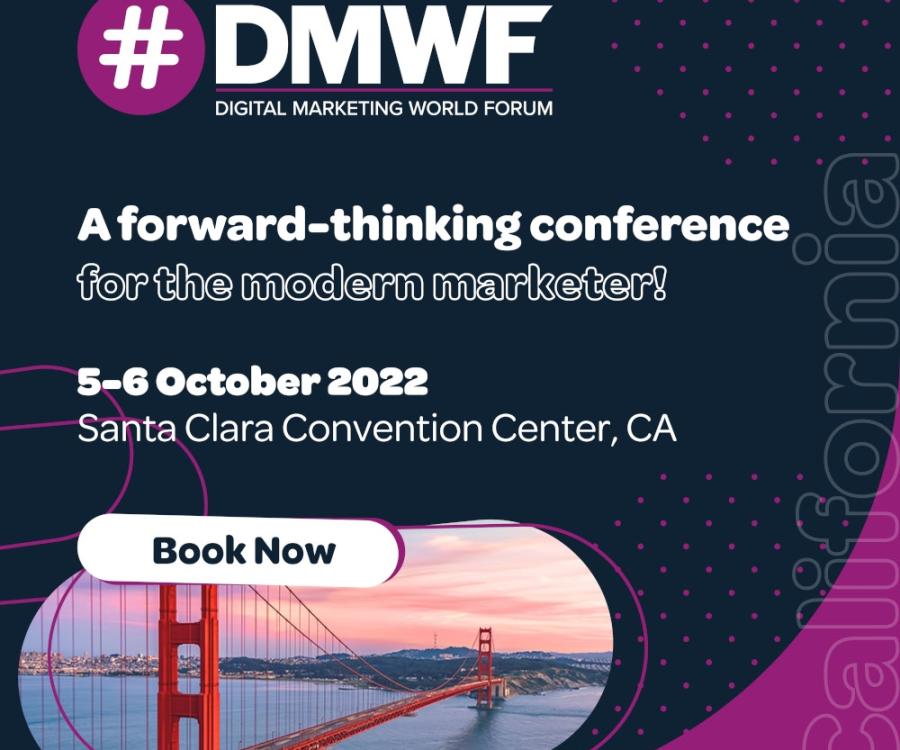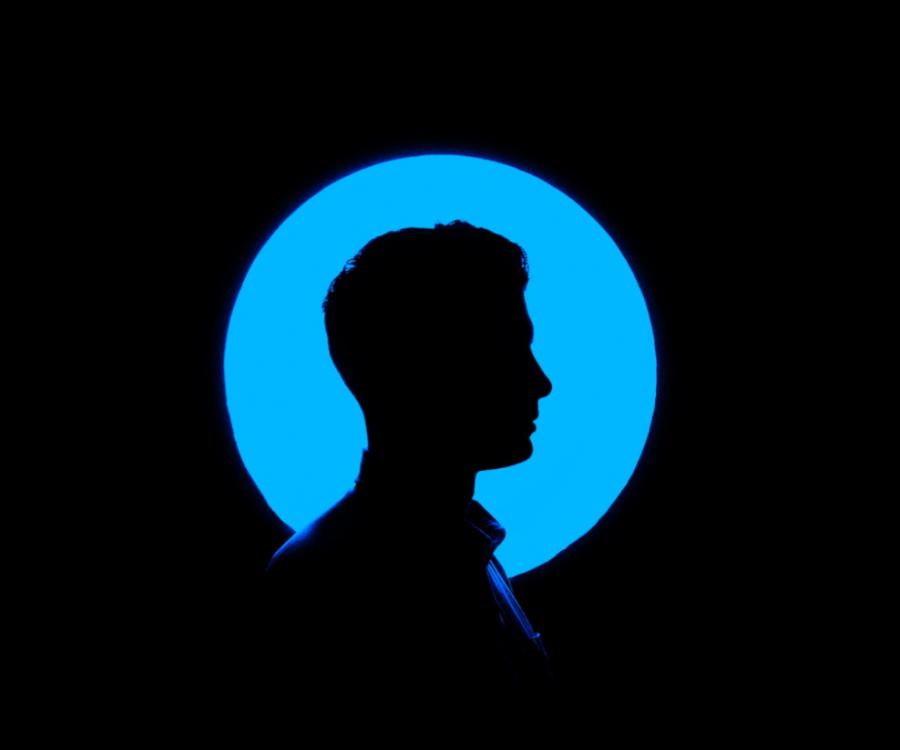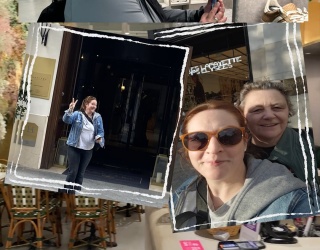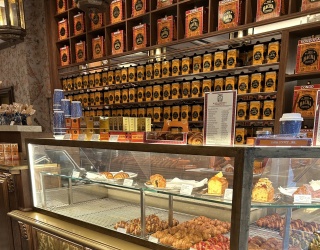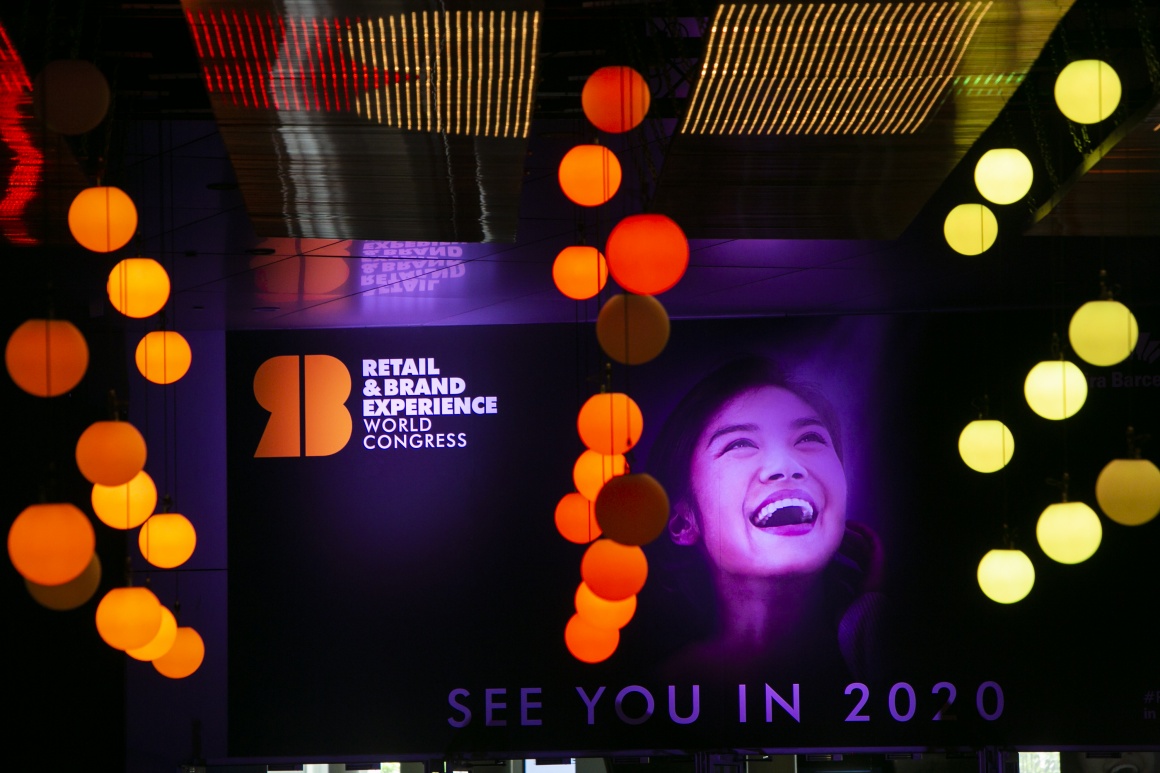
More than 200 industry insiders highlighted the many challenges facing the retail sector today in interesting talks and lectures.
Topics included the customer experience, the use of technologies, digital media, omnichannel strategies, personalization in retail, innovative business models and trends.
Nearly 5,500 visitors attended the inaugural Fira Barcelona Retail & Brand Experience World Congress. The next event is scheduled to take place in May 2020.
Alba Batiste, director of the RBEWC, described the focus of the event: “In this first edition we have been able to see the great interest in the transformation that brands and businesses must face at a key moment of change in the digital environment and in the way customers buy and consume.“
More than 100 exhibitors showcased their applications and services and attested to the success of the trade fair.
One of many highlights: The Technology Start-Up Competition
The exhibitors included 64 startup companies. They pitched their businesses in the Start-up Village and participated in the R & B Next! Awards.
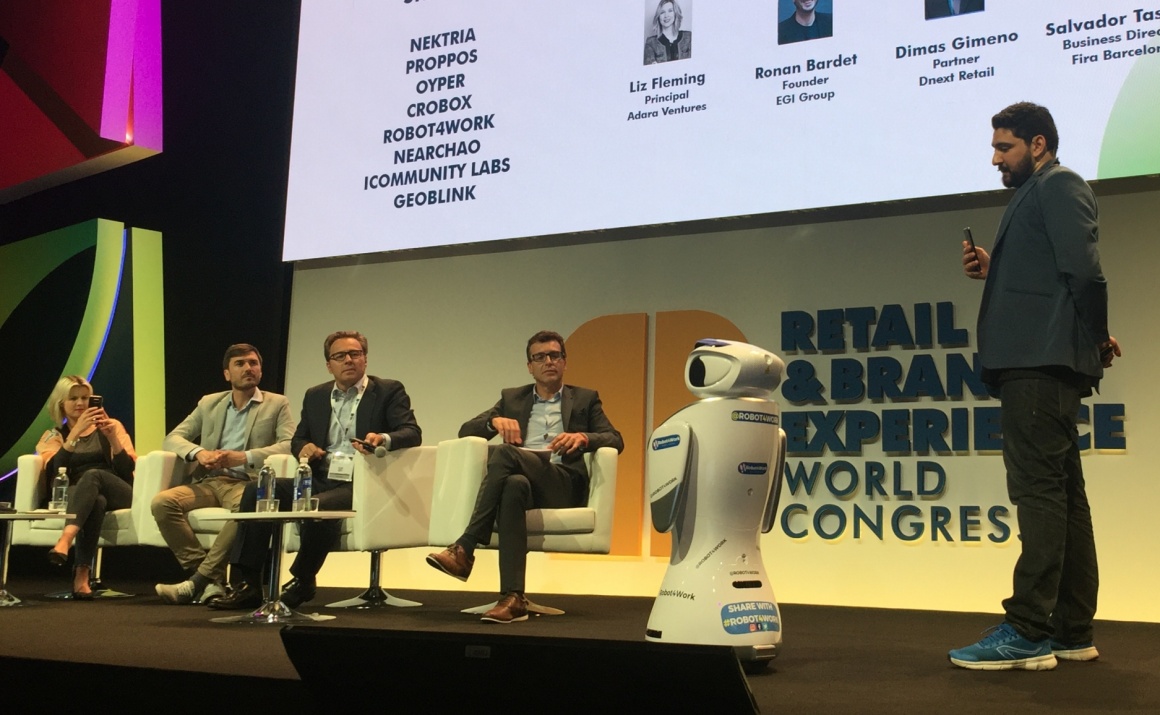
At the R & B Next! Awards Disruptive Tech Finale, eight startups each had four minutes to pitch their company and innovative solution to the audience and the jury. Here is a brief summary:
Nektria introduced a solution to optimize delivery management. With the help of artificial intelligence, deliveries are planned by optimizing the route, capacity utilization, delivery address etc. In addition to boosting cost efficiency, the solution also promotes sustainable logistics.
Proppos showcased a self-checkout terminal that's already being utilized in food service settings. Powered by a camera and computer vision, the terminal detects the food items on the customer tray at the checkout. If this kind of product recognition were to be adopted by the retail industry, items would no longer need a barcode, which would significantly speed up the checkout process.
Crobox seeks to better understand why customers buy the items they buy. The company’s catchy slogan “discover the why behind the buy" perfectly sums up the concept. Psychographic data provides valuable insights into buying behavior, which in turn can be used to boost sales. In doing so, personalization isn’t done randomly but is based on relevant content.
Robot4Work entertained the audience with Lilly, a lady robot that can be used as a sales associate that is also able to dance. Lilly introduced herself, is able to communicate with customers and takes on many retail service tasks.
Smartpay / NearChao showcased a mobile commerce solution that identifies nearby customers by their smartphones in brick-and-mortar settings and offers a personalized customer experience. The solution uses Bluetooth beacons in the store and facilitates location-based offers, relevant content, advertisements, and invisible payments.
iCommunity Labs use blockchain technology to offer customers reliable and secure data management. Blockchain-as-a-Service allows companies to simply leverage the technology as a one-stop solution with custom modules.
Geoblink aggregates geodata from all kinds of data sources and makes this information available to its retail clients via an annual subscription. The geodata supports strategic decision-making and process optimization and delivers data-driving insights into consumer behavior.
Oyper won over the jury and the final with its cloud-based computer vision technology that enables video advertising. This allows customers to buy clothes and other goods right out of the movie or video they see, based on the motto "Shop everything you see".


